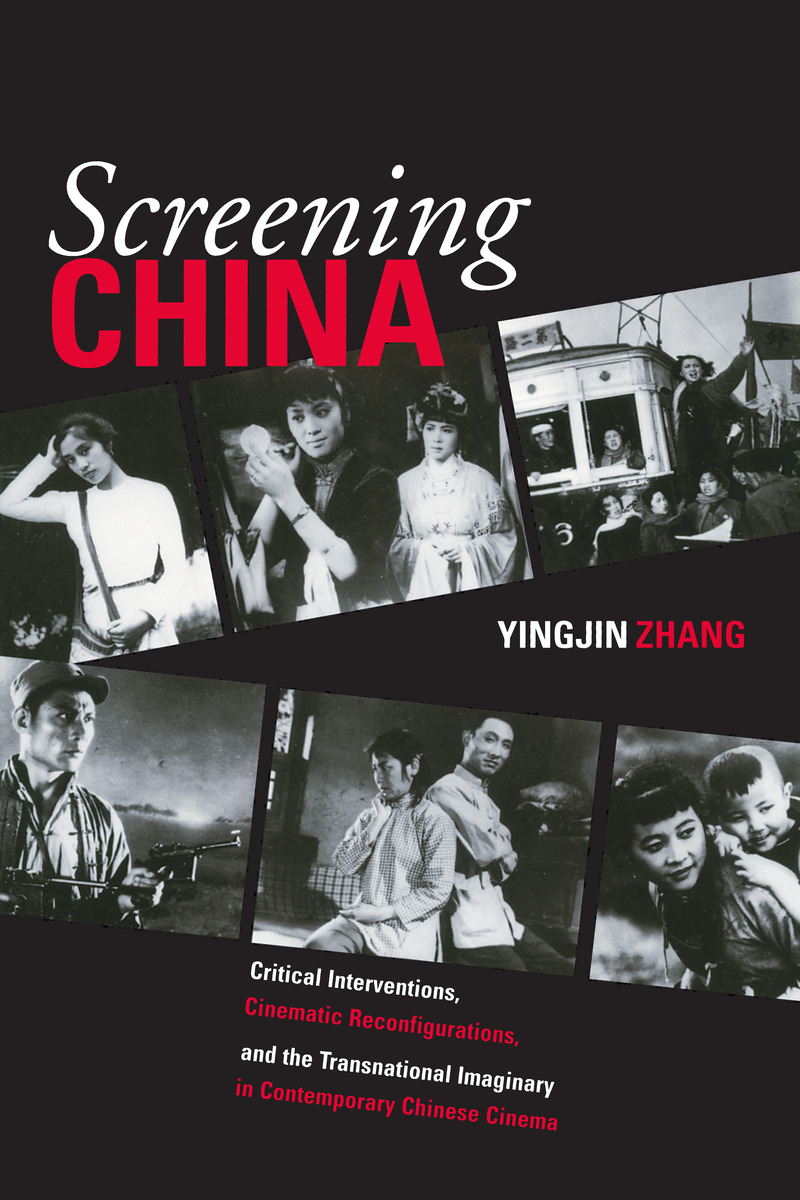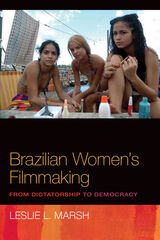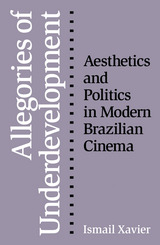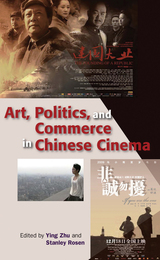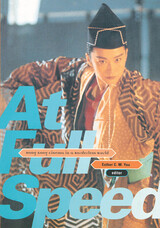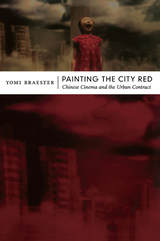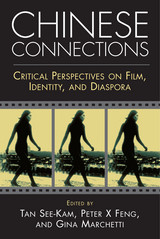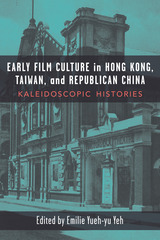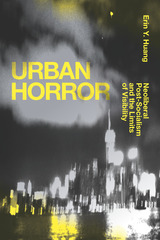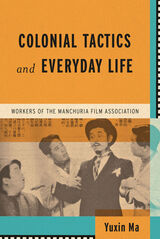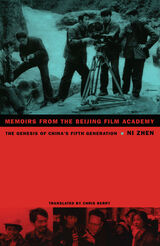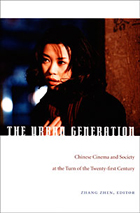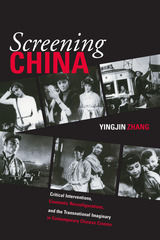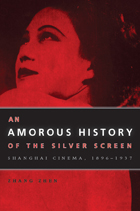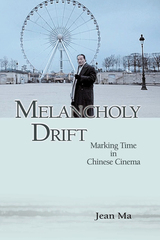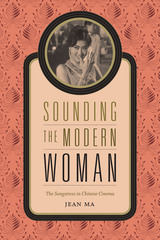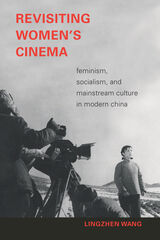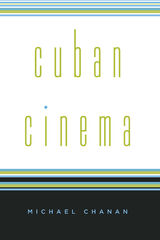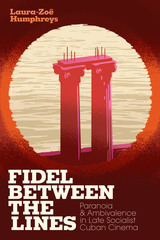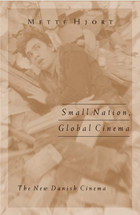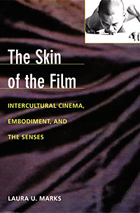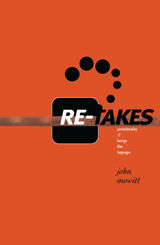Screening China: Critical Interventions, Cinematic Reconfigurations, and the Transnational Imaginary in Contemporary Chinese Cinema
University of Michigan Press, 2002
Paper: 978-0-89264-158-1 | Cloth: 978-0-89264-147-5
Library of Congress Classification PN1993.5.C4Z54 2002
Dewey Decimal Classification 791.430951
Paper: 978-0-89264-158-1 | Cloth: 978-0-89264-147-5
Library of Congress Classification PN1993.5.C4Z54 2002
Dewey Decimal Classification 791.430951
ABOUT THIS BOOK | AUTHOR BIOGRAPHY | TOC | REQUEST ACCESSIBLE FILE
ABOUT THIS BOOK
When Chinese films are screened in the West, viewers often prize, debate, and critique the “Chineseness” presented therein. Critics, scholars, and cultural theorists, too, latch onto the ethnic and cultural markers in Chinese film, often applying their theories as if they were universally applicable and even independent of history. They study only a small number of films from a large body of available works, often with a unidirectional Eurocentric bias. As a result, Chinese filmmakers are caught between the Western consumer and critical demand for ethnic and cultural images and the local restrictions of economics and politics.
Screening China follows filmmakers’ efforts to reconfigure China and position their work between the global and the local. In Part I, Yingjin Zhang catalogs the lenses Western film critics have used to break down, neatly package, and closely scrutinize China. One of the chief examples is the narrative of Communist Party censorship in which the regime notoriously represses artists and repeatedly violates human rights. In Part II of Screening China, Zhang narrates how New Chinese Cinema struggled to break free of the ethnic and cultural representation sought by Western audiences, introducing readers to the numerous Chinese filmmakers who have used the space opened up by New Chinese Cinema to present China in all its social, historical, political, ethnic, cultural, and economic facets.
See other books on: China | Contemporary Chinese Cinema | Critical Interventions | Motion pictures | Transnational Imaginary
See other titles from University of Michigan Press
